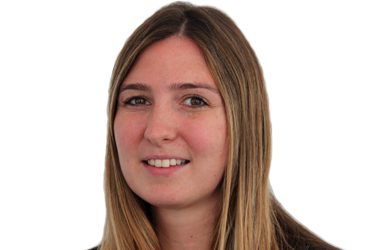It is increasingly urgent that we improve maths provision in schools, particularly for our weakest pupils. Participation in post 16 maths is the lowest of any OECD country, Headteachers report an ongoing shortage of high quality maths teachers, and universities say that approximately 200,000 students each year arrive needing additional mathematics support. This has devastating consequences for our adult workforce, and is linked with the UK STEM skills shortage, which it is estimated with lead to a shortfall of approximately 80,000 workers in the next three years.
The public response to success in maths is still unlike other subjects, as many continue to tolerate the viewpoint that numeracy is innate, and that it is therefore possible (and socially accepted) to be naturally “bad at maths”. If someone says they are “bad at reading and writing” the assumption is that they have either been taught very poorly, or have specific learning special needs, yet parents, celebrities, and even teachers still readily admit that they “can’t do numbers”. Only recently L’Oreal launched an advert where Helen Mirren says that her age doesn’t bother her as “maths was never my thing”, implying innumeracy has left her unable to work out how many birthdays have passed her by. Although this was obviously meant as a humorous aside, and L’Oreal have since pulled the advert, the fact it got onto our screens at all is a sign of the social acceptability around being unable to do basic maths. And solving this is the key to really resolving our maths gap.
The research shows a rather different picture about maths ability. Although there are genes which link to academic ability, a recent study by Oxford University, University College London and King’s College London reached two conclusions which show maths ability is just as learnable as English. Their findings showed that about half the genes which control success in literacy also feed into maths ability, meaning maths does not require unique cognitive capacity. They also found that external factors and genetics roughly equally contribute to academic success. So maths “ability” can be learned just like other subjects. Someone’s success in maths is not pre-determined. Someone who says “I can’t do maths” probably can.
On the other hand, at the “can do maths” end there have been some positive signs of improvement: Maths A level overtook English as the most popular subject this year, and at a school level there is increased focus on curriculum reform in order to raise standards, with particular interest in the Singapore and Shanghai maths models. There has also been the introduction of a core maths qualification for those who have passed GCSE maths but are not interested in continuing to A level, as well as compulsory retaking of maths GCSE for those who failed the first time round.
We believe that all students should study maths until at least 18, but for this to work for all young people there needs to be a fundamental shift in the way maths is perceived and talked about in our wider society. As a whole society we need to start teaching children that anyone can do maths.

